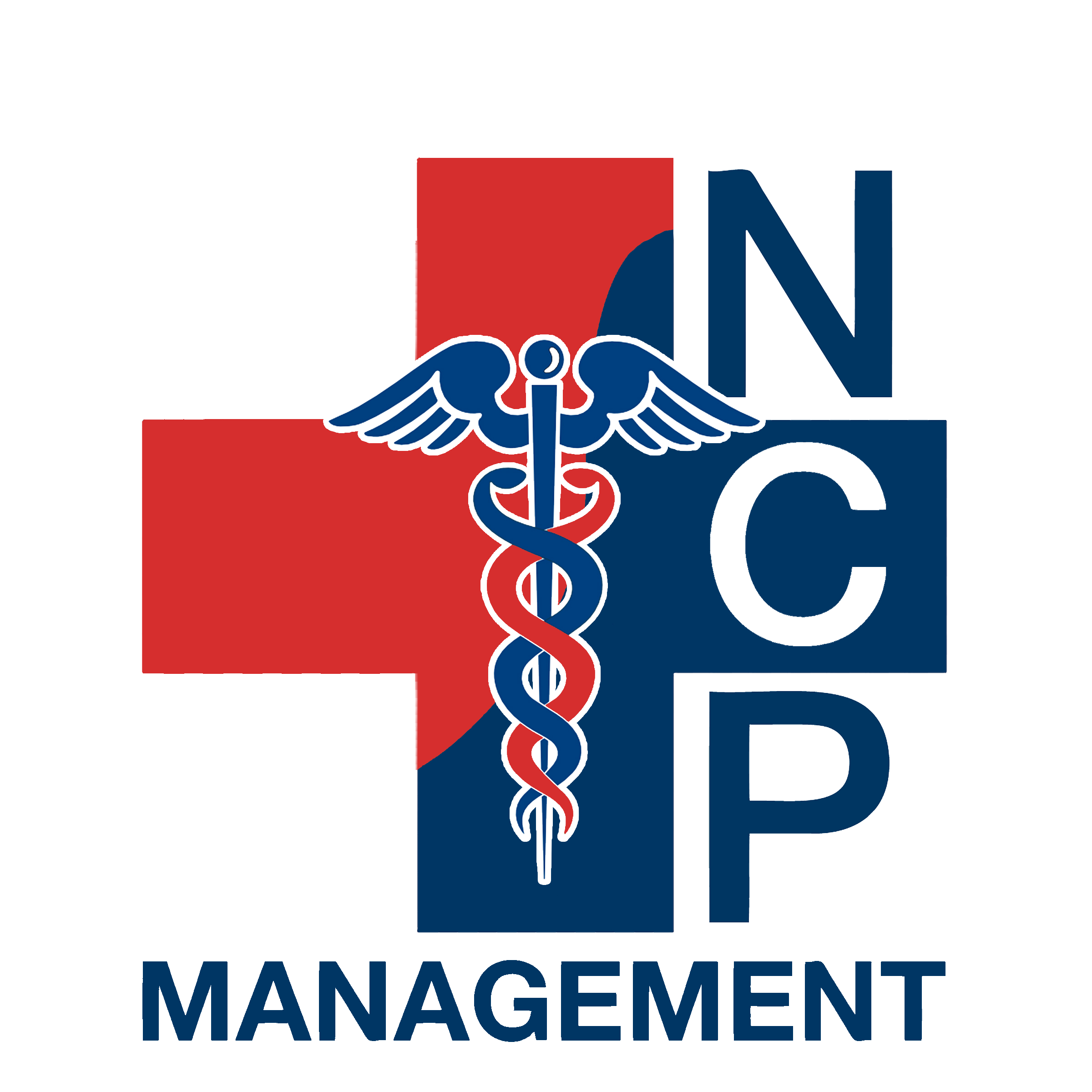
What is a micro hospital? First off we’ll note regulatory requirements are the same for all hospitals big or small, leaving no room for shortcuts on compliance from a micro hospital. Logistically micro hospitals have anywhere from 3-25 patient beds, where a larger hospital has anywhere from 100-500+ beds. Micro-hospitals are leaving a smaller footprint at about 25,000-75,000 square feet, whereas a larger hospital ranges from 300,000+ square feet. Just as a larger hospital, a micro hospital is also required to operate a 24-hour emergency room department, in house labs, imaging, pharmacy, operating rooms, and inpatient rooms.
Most of us have the mentality that bigger is better, but when it comes to hospitals that’s not necessarily the case. You’ll be surprised to find out why. So here are the many reasons you should opt for a micro hospital next time you find yourself needing prompt care:
- Better patient care
When you go to a large hospital system typically the nurse to patient ratio is about 1:4 or even 1:6, which means the nurse caring for you is also caring for about 3 or more other people, at any given time. Due to this overwhelmed system, your care is compromised. With lower patient counts at a micro hospital, you can expect a 1:1 nurse to patient ratio offering a much more personalized care system putting your care first and immediate.
There is a term floating around big hospital systems called “Doctor burnout”. When you’re on the floor of a larger hospital you’re seen by a nurse and a doctor. Just like nurses’ doctors also have many other patients lives in their hands at any given time. If your doctor is called to an emergency situation your left for possibly hours to be seen. This causes delays in the system, your care (and many others) is then pushed to the side leaving you stuck much longer than necessary. At the end of the day that doctor still has family and a life back home, all while being waited on. Thus, doctors in a larger setting can quickly become overwhelmed, also compromising care to each individual.
So, you can see where care at a micro hospital would be much more efficient and personalized. Doctors and nurses have more time to tend to each patient 1 on 1 to deliver the care each individual deserves, and eliminating unnecessary long wait times to be seen and diagnosed.
- No system delays
As mentioned there are many factors that can cause system delays in a hospital, usually due to an overwhelmed system. When you have large capacities and a wide range of services your bound to become overwhelmed. Ever feel like when you go to an ER in a big hospital, you’ve waited about 7 hours just to be seen for 10 minutes and then told “you’re fine”? That’s because more patients than healthcare resources and workers means longer wait times for imaging, available operating rooms, lab results, and just about everything else.
Micro hospitals have a much more efficiently ran system. Everything from lower security risks to a more accessible staff, offering everything a larger hospital can, in a more nimble and manageable package. Benefiting not only the patients but also the staff, and a happy staff is key to quality patient care.
- Low cost
A micro hospitals smaller footprint is not only more manageable, but also creates a tailored setting. By focusing on a specialty, it can save the hospital large costs and overhead associated with things you don’t need for a particular specialty. Money saved can then be put towards better care, better staff and better facilities.
- Taking the burden off larger hospitals
Micro hospitals offer quicker, efficient and higher quality care to communities with ease of access to those nearby. Saving people from having to drive longer distances to larger hospitals with longer wait times. The more micro hospitals accessible to communities the more burden will be taken off the larger hospital systems, allowing everyone to work more efficiently and safely.
Micro hospitals are redefining health care in a newer and better way for everyone. It’s about time our communities get the quality and accessible healthcare they deserve.

